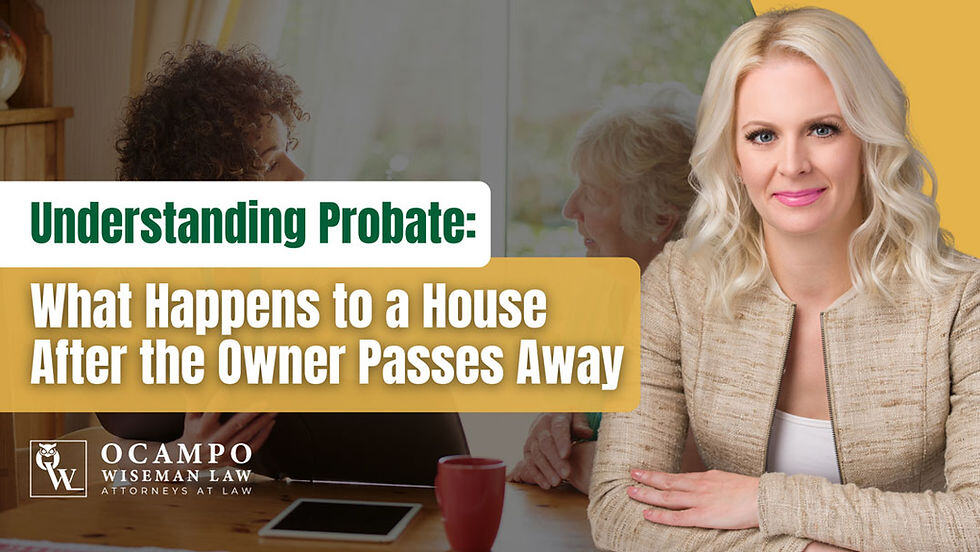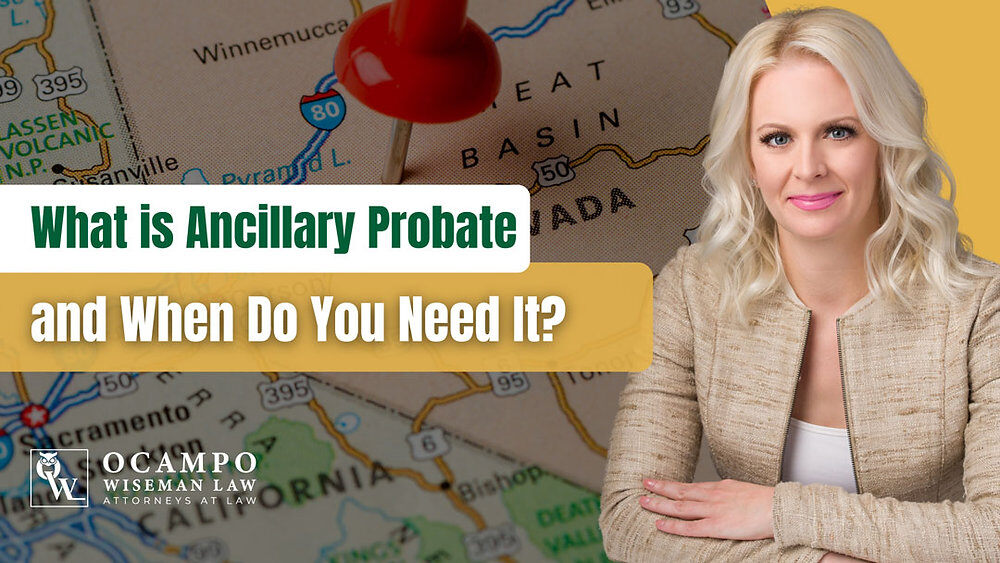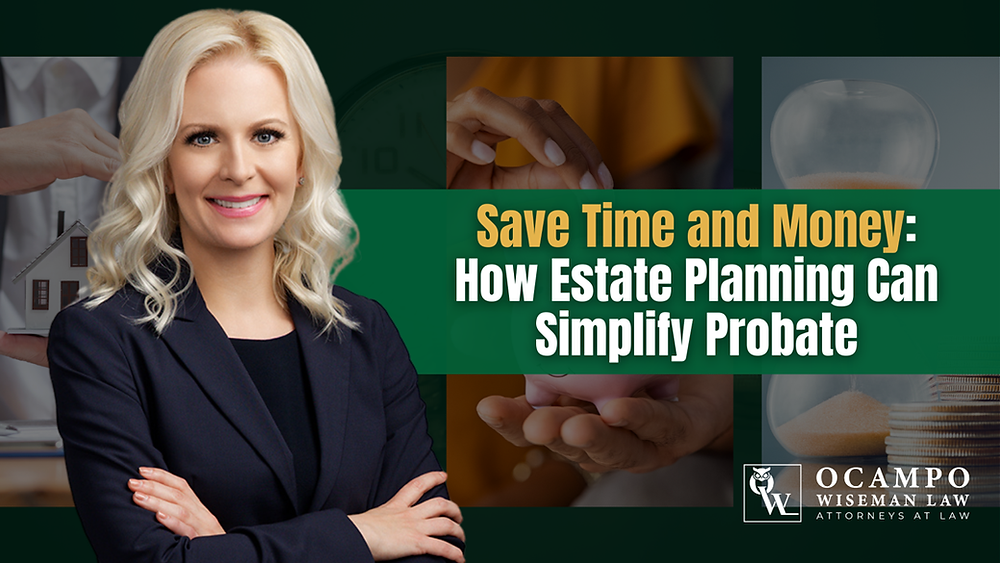Losing a loved one is an emotionally difficult time, and it often comes with the responsibility of handling their legal affairs. One major aspect of this process is probate, especially when the deceased owned a house.
What is Probate and How Does It Work?
Probate
is the legal process that manages a deceased person's estate, including their home and other assets. This process ensures that the assets are distributed according to the deceased's will or, if there isn’t one, as per state laws.
Step 1: Inventory and Appraisal of the Estate
The first step in the probate process is to take inventory of the deceased’s assets, including the house, personal items, and financial investments. The executor or appointed administrator of the estate will need to assess the home’s value through a professional appraisal.
This appraised value, taken at the time of death, is key in determining the next steps in the probate process.
Step 2: Settling Debts and Mortgages
Any outstanding debts left by the deceased, such as mortgages, must be resolved during probate. The estate is responsible for paying these liabilities, and in many cases, the executor might need to sell the house or other assets to settle them.
Step 3: Identifying Heirs and Validating the Will
Probate involves validating the will and determining the rightful heirs. If there is a will, the court will distribute the estate according to the deceased’s instructions.
In cases where there is no will, the estate will be divided based on state intestacy laws.
Step 4: Selling the House During Probate
Selling a house during probate is a common outcome. This often happens when liquid assets are needed to pay off debts or when the estate must be divided among multiple heirs.
Selling the home during probate requires court approval, and the proceeds from the sale are added to the estate before final distribution.
Step 5: Transferring the House to Heirs
If the house is not sold during probate, it will be transferred to the heirs after the legal process concludes. This transfer follows the instructions in the will or, in the absence of a will, state laws on inheritance.
Transferring a house directly to heirs is generally easier when the estate has minimal debts or liabilities.
The Role of Estate Planning in Avoiding Probate
Considering the complexities and costs involved in probate, estate planning is essential. Tools like trusts can help individuals bypass probate entirely, allowing their assets to be distributed faster and with fewer legal challenges.
Proper estate planning also reduces emotional and financial burdens on loved ones and helps preserve the value of the estate.
Conclusion
Understanding what happens to a house during probate is crucial for anyone managing a loved one’s estate. Whether the house is sold to cover debts or transferred to heirs, the probate process can be smoother with proper planning.
By considering estate planning options, individuals can help ensure their loved ones are better prepared during a difficult time.






